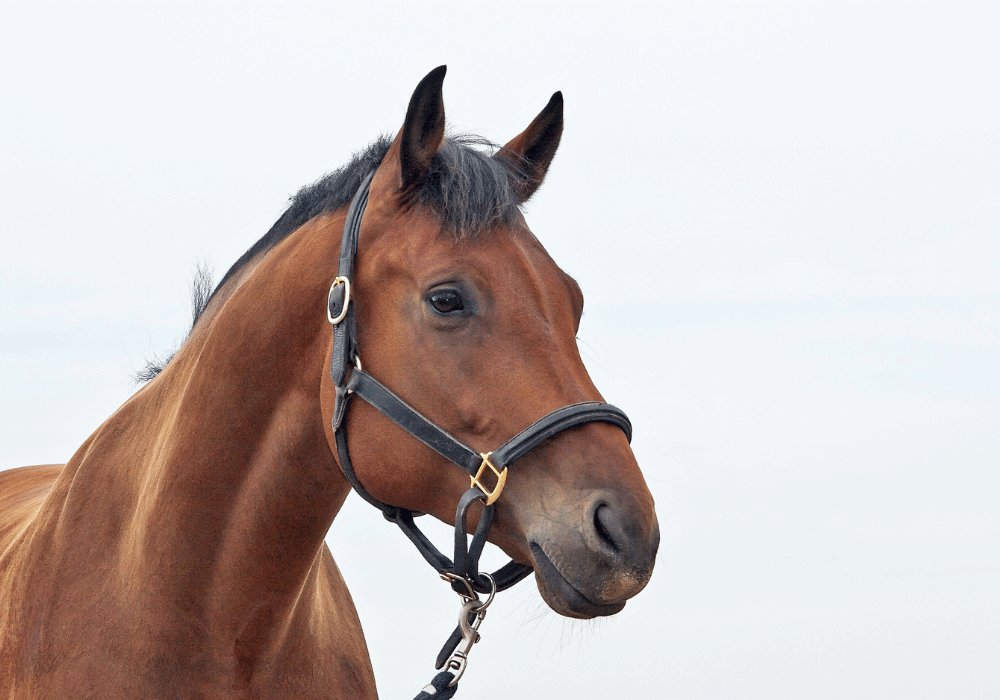It is essential that, as horse owners, we understand the risks to the wellbeing and health of our equine friends. One of the most important factors in keeping our horses healthy is protecting them from preventable diseases. Tetanus is one such disease, and an understanding is paramount when it comes to keeping your horse safe. In this post, we’ll take a look at some of the symptoms of tetanus in horses, as well as the importance of the tetanus vaccine for horses.
What is Tetanus in Horses?
Tetanus in horses can be fatal, but luckily it is preventable. It is a disease caused by the bacterium Clostridium tetani, which blocks the transmission of inhibitory nerve signals to muscles. For this reason, tetanus is often referred to as ‘lockjaw’, as the horse’s mouth can become clamped shut, so they are unable to eat or drink.
This bacterium lives in soil and in a horse’s digestive tract. Horses contract tetanus when they experience a puncture wound that becomes contaminated.
What are the Symptoms of Tetanus in Horses?
Symptoms of tetanus in horses include muscle stiffness, difficulty moving and eating, protrusion of the third eyelid, and seizures. Horses will become ill extremely quickly, and in the majority of cases, the disease is fatal.
While most mammals are susceptible to the disease, horses are highly sensitive. All horses, ponies and donkeys should be vaccinated against the disease, as the mortality rate is extremely high.
Tetanus vaccine for horses
Prevention is always better than cure, and this is even more true when it comes to a disease such as tetanus, where the survival rate in horses is so low.
Vaccinating for tetanus is paramount, and the vaccine should, in most cases, be administered every 2 years. The vaccine helps to stimulate the horse’s nervous system to produce antibodies that guard against the toxin. This lowers the risk of your horse becoming very ill from the disease, even if they are exposed to the bacterium.
It’s important that pregnant mares are vaccinated against tetanus to ensure adequate protection of their newborn foal. We recommend commencing tetanus vaccination in foals at weaning, around six months of age.
Are there other ways to protect your horse against tetanus?
The tetanus vaccine is by far the most reliable way to protect your horse against tetanus, but you should also ensure any wounds found on your horse are cleaned thoroughly. If you are concerned about a wound, or a wound is especially deep, located close to a joint or is a puncture wound, then call your vet immediately for advice. If your horse has stepped on a nail or similar sharp object, your vet may advise you against removing the object until they have assessed the injury.
While tetanus can be extremely distressing for both horse and owner and a real source of worry, the disease is preventable thanks to the vaccine. If you have any concerns please do not hesitate to contact us.
Routine Equine Healthcare & Vaccinations at Avonvale Equine Vet Practice
We are an independent equine-only vet practice based in Ratley, near Banbury. Our coverage area includes the Cotswolds, parts of Northamptonshire, Warwickshire and Worcestershire, and our free weekly zone visits are convenient for routine visits and vaccinations.
To get your horse’s tetanus vaccine booked, please call us on 01295 670501 or register with us online.








